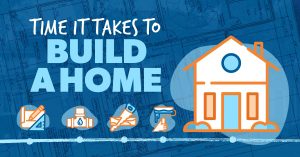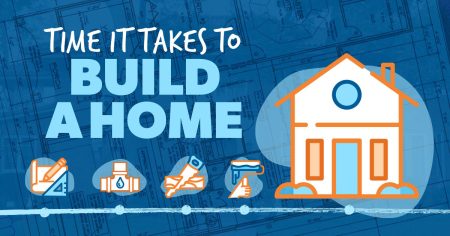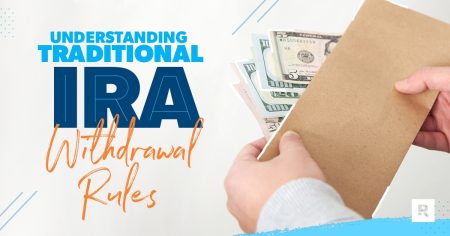
1. Assess Your Financial Situation
The first step is to take a comprehensive look at your financial situation. Start by listing all your monthly expenses, distinguishing between essential and non-essential ones. Essentials include rent or mortgage, utilities, groceries, and insurance, while non-essentials might include dining out, subscription services, and entertainment. Understanding where your money is going will help you make informed decisions about where to cut back.
2. Prioritize Your Bills
Now that you have a clear picture of your finances, it’s important that you prioritize your bills. Ensure that you pay your essential bills first to avoid penalties and potential damage to your credit score. Missing payments on loans, credit cards, or utilities can result in late fees and a negative impact on your credit report. If you’re unable to cover all your bills, contact your creditors to discuss your situation. Many companies offer hardship programs that can provide temporary relief, such as deferred payments or reduced interest rates.
3. Create a Budget
Creating a budget is a vital step in managing your finances during unemployment. With your list of expenses in hand, allocate your available funds to cover your essential needs. Be realistic and conservative in your spending. Consider utilizing budgeting tools or apps to help you track your expenses and stay within your financial limits. A well-structured budget can help you make the most of your available resources and prevent unnecessary debt accumulation.
4. Tap into Emergency Savings
If you have an emergency savings fund, now is the time to use it. This fund is designed to cover unforeseen expenses and help you stay afloat during tough times. While it can be disheartening to dip into your savings, remember that this is precisely what it’s for. Use these funds wisely and try to stretch them as much as possible, focusing on your most critical expenses first.
5. Explore Unemployment Benefits
Make sure you apply for unemployment benefits as soon as possible. These benefits can provide a temporary source of income to help cover your basic needs. Each state has its own eligibility requirements and application process, so research your state’s guidelines and apply promptly. Additionally, keep an eye out for any federal assistance programs that might be available during economic downturns or public health crises.
6. Consider Part-Time or Gig Work
While searching for a full-time job, consider taking on part-time or gig work to bring in some income. Opportunities like freelancing, consulting, or gig economy jobs (such as ride-sharing or food delivery) can provide financial relief and help you stay on top of your bills. Even a modest income can make a significant difference in managing your expenses and maintaining your credit.
7. Avoid Accumulating New Debt
It might be tempting to rely on credit cards to get through unemployment, but try to avoid accumulating new debt. High credit card balances can lead to increased interest charges and a higher debt-to-income ratio, which can negatively affect your credit score. If you must use credit, do so sparingly and try to pay off the balance as soon as possible to minimize interest charges.
8. Seek Professional Advice
If you’re struggling to manage your finances, don’t hesitate to seek professional advice. Financial counselors can offer valuable guidance on budgeting, debt management, and credit maintenance. Organizations like American Consumer Credit Counseling (ACCC) provide free or low-cost counseling services to help individuals navigate financial challenges. A financial counselor can work with you to develop a personalized plan to protect your credit and achieve financial stability.
9. Monitor Your Credit Report
Regularly monitoring your credit report is essential, especially during unemployment. You’re entitled to a free credit report from each of the three major credit bureaus (Equifax, Experian, and TransUnion) once a year. Reviewing your credit report helps you stay informed about your credit status and allows you to spot any errors or fraudulent activities that could harm your credit score. If you notice any inaccuracies, dispute them promptly to ensure your credit report remains accurate.
10. Stay Proactive
Maintaining a positive outlook and staying proactive during unemployment can make a significant difference in managing your credit. Remember that unemployment is often temporary, and with perseverance and determination, you can overcome this hurdle. Stay focused on your job search, network with professionals in your field, and consider up-skilling or learning new skills to enhance your employability.
To Sum It Up…
Maintaining your credit during unemployment requires careful planning, disciplined budgeting, and proactive communication with creditors. By prioritizing your bills, minimizing new debt, and seeking professional advice, you can protect your credit score and navigate this challenging period more effectively. Remember, you’re not alone in this journey. Organizations like American Consumer Credit Counseling (ACCC) are here to support you with expert guidance and resources to help you achieve financial stability.
Reach Out To ACCC For Further Help
For personalized financial advice and support, contact American Consumer Credit Counseling at www.consumercredit.com or call their toll-free number at 800-769-3571. Their dedicated team of professionals is ready to assist you in overcoming financial challenges and ensuring a brighter financial future.
If you’re struggling to pay off debt, ACCC can help. Schedule a free credit counseling session with us today.
Read the full article here
















